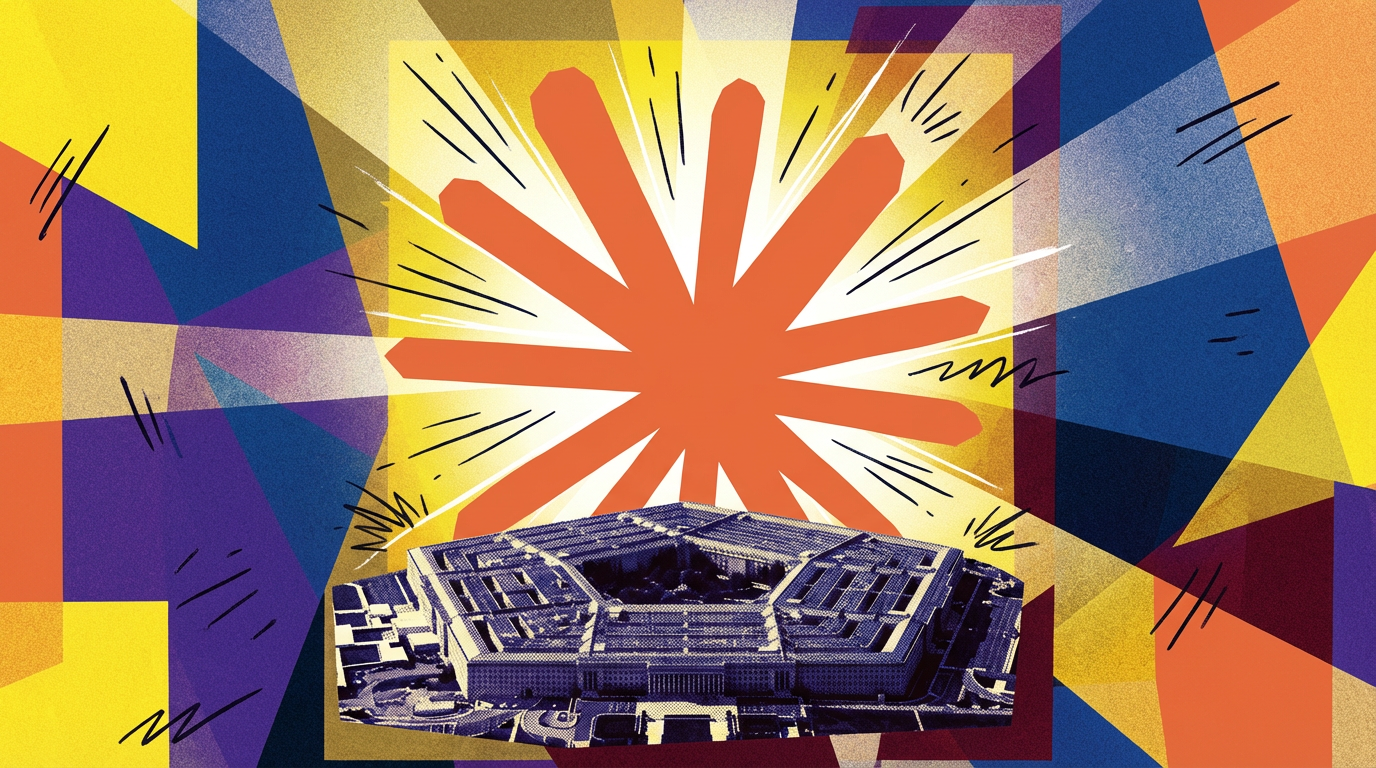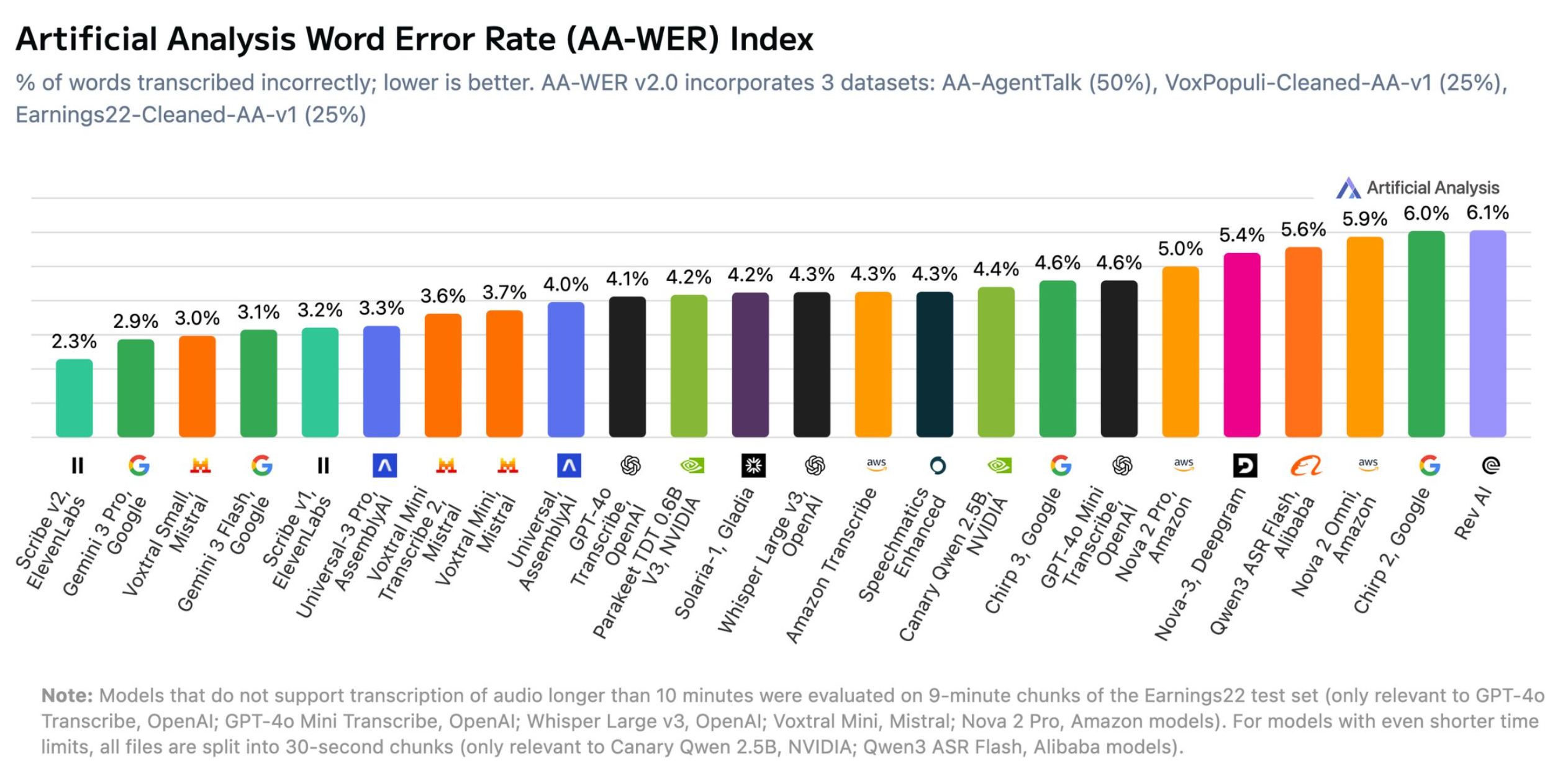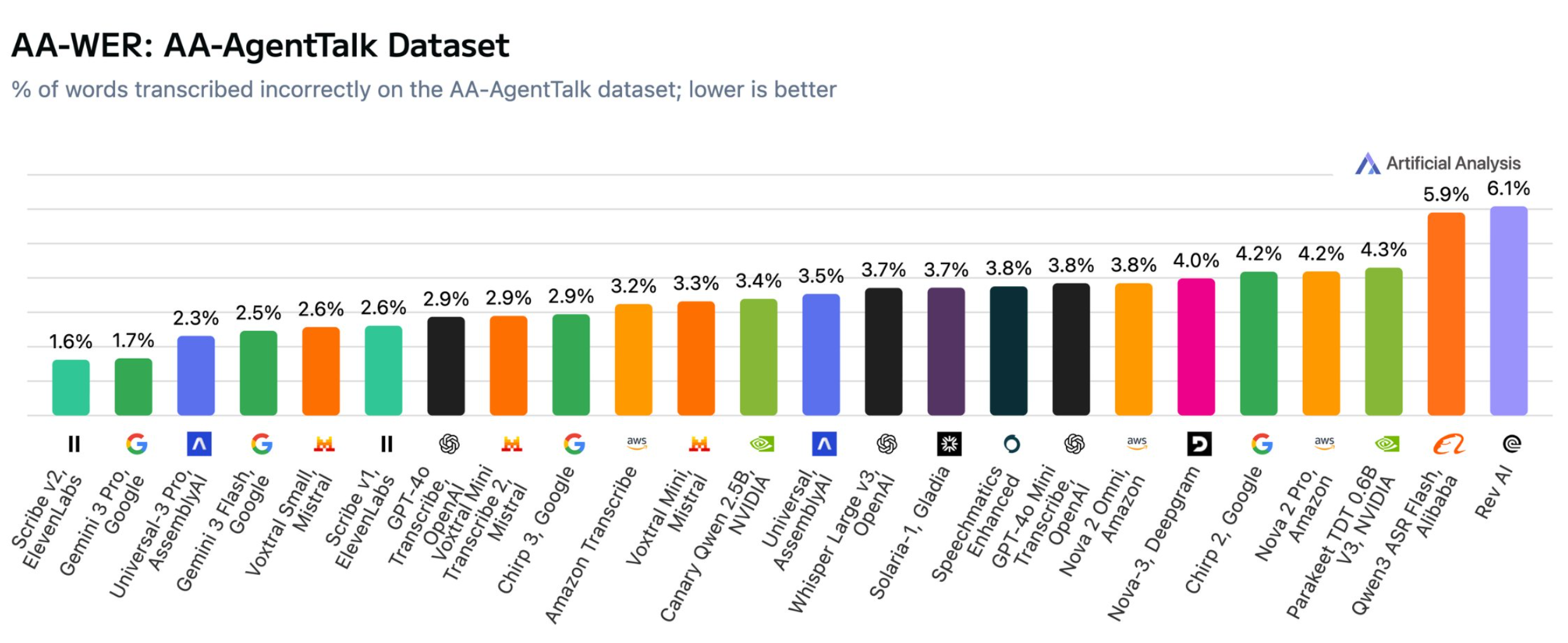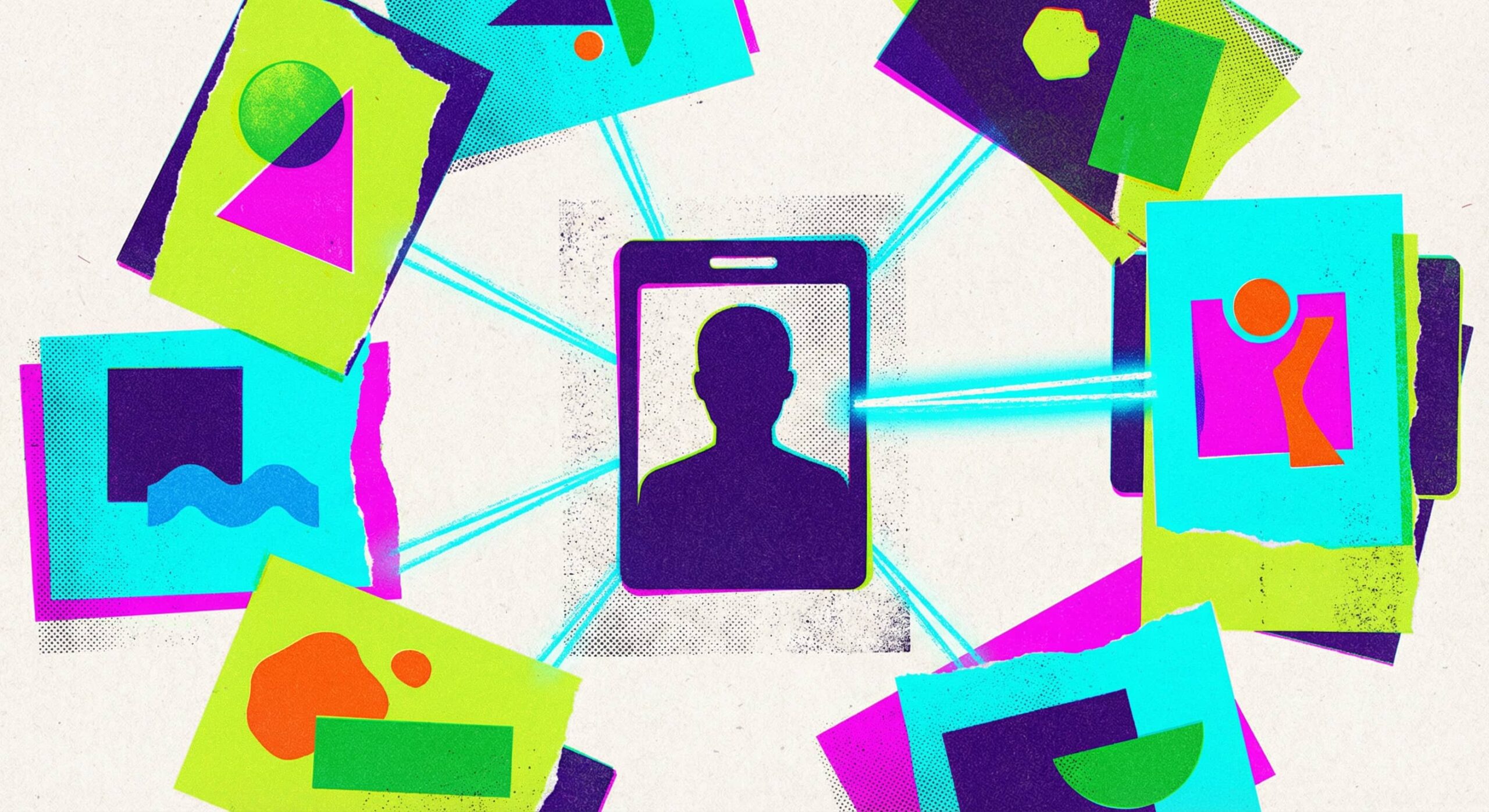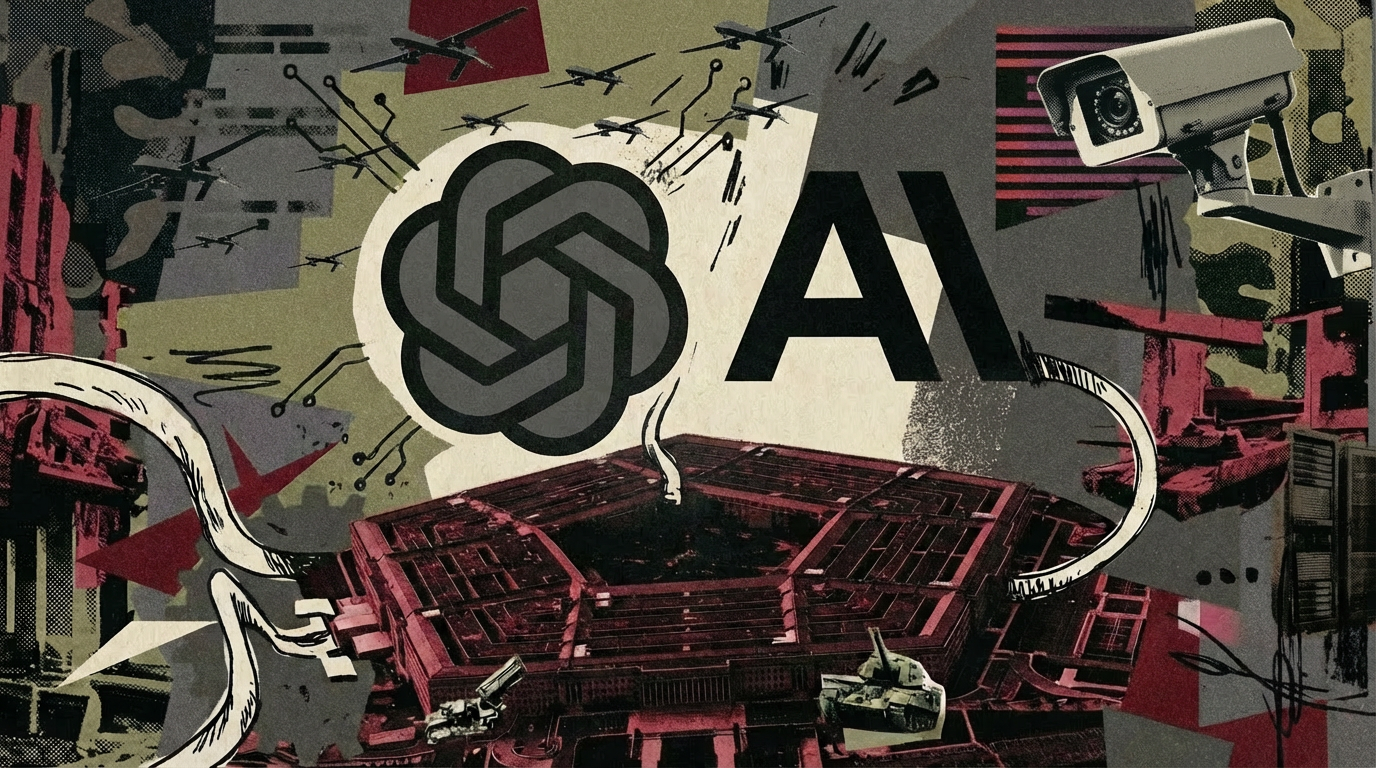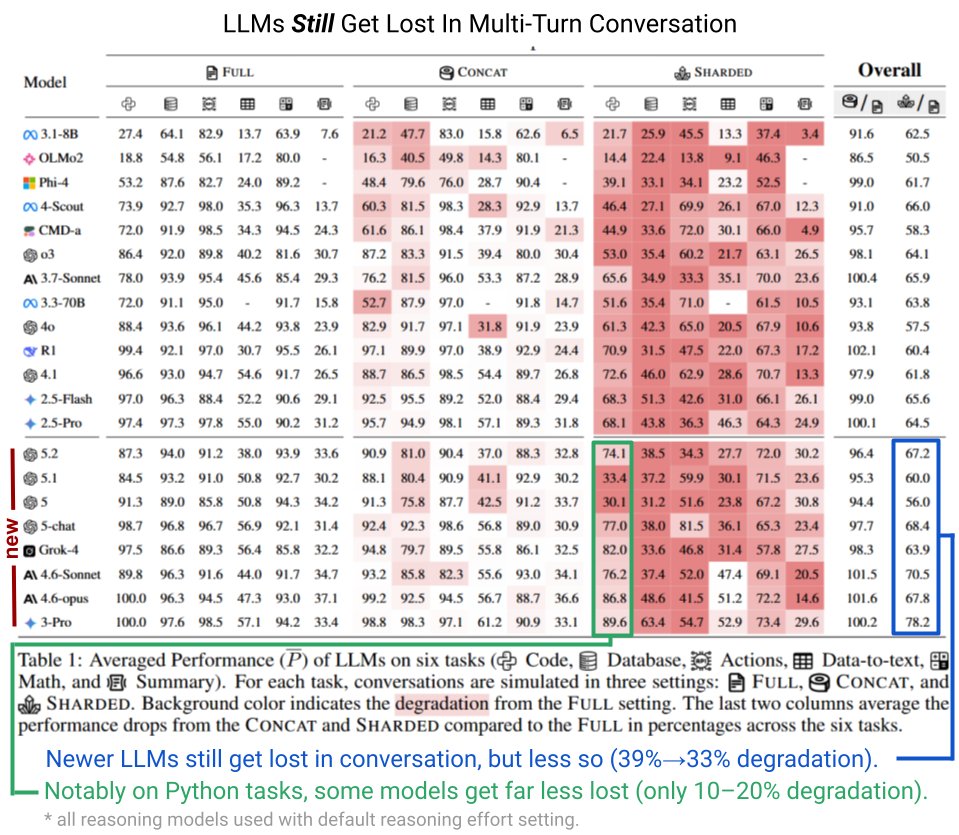ASML, the world's sole manufacturer of EUV lithography machines used to produce advanced chips, is looking to expand beyond its core business. That's according to a Reuters report citing ASML Chief Technology Officer Marco Pieters.
The Dutch company is specifically planning to move into advanced packaging - a technique where multiple specialized chips are connected and stacked on top of each other. This approach is critical for modern AI chips and the high-bandwidth memory that feeds them. TSMC already uses advanced packaging to build Nvidia's most powerful AI processors, among others.
Pieters told Reuters that ASML is planning 10 to 15 years ahead, studying what kinds of machines the industry will need for packaging and bonding. The company is also exploring whether chips can be printed beyond their current size limit. On top of that, ASML wants to use AI to speed up the control software running its machines and improve quality checks during chip manufacturing.
